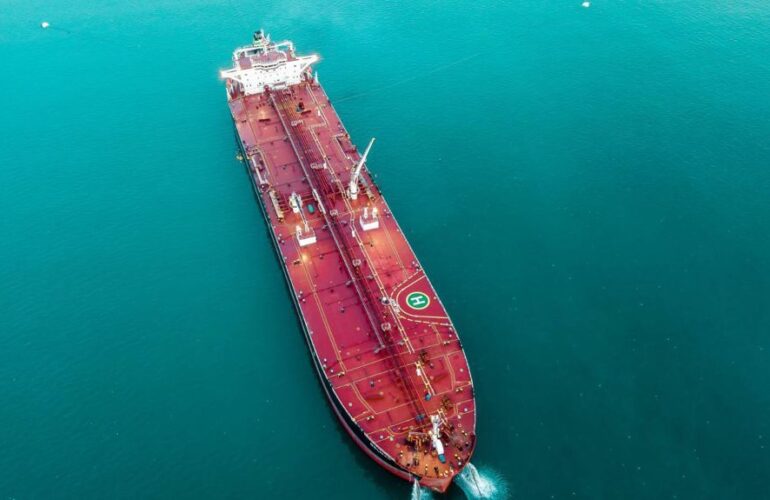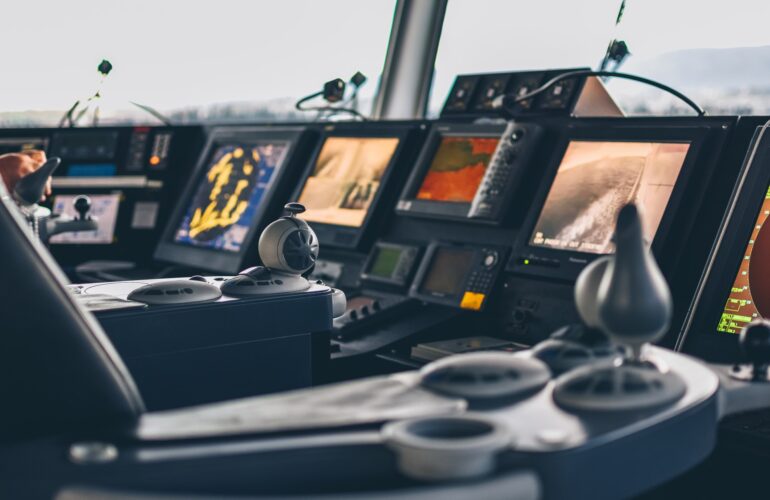Talent crunch and ways to address
Maritime has been one of the major contributors to the growing economy and employs a large number of people worldwide. Although there is an ever-deepening talent pool of experienced maritime professionals, there persists a long-held concern of a maritime talent crunch both at sea and ashore.
A shortage of qualified seafarers at sea would mean a shortage of skilled workforce ashore. what could the maritime industry and stakeholders as a whole do to improve the situation?
With more companies setting offices in India “The talent war” is already being experienced by the industry. There is a significant lack of experienced talents in the areas of commercial shipping, Sales & Business Development, technical management, and even crewing.
One of the biggest challenges, the industry is facing is attracting and retaining talent. With companies setting up offices, more jobs are being created but at the same time companies are apprehensive about losing their trained staff. So how does the industry meet the pressing need for a skilled workforce?
Due to many reasons below, the recruitment of the right talent could not have happened on the shore, which leads to a talent crunch, and it leads to affects the business globally.
- Changing skill requirements: As the whole business is moving towards digitization, the marine industry is not left in this race. The technology improved and hence the required skills to operate also needs an upgrade. So, there is a vast change in skills requirements that could not be fulfilled by the older workforce. It leads to shortages of skilled employees with the new skillset and creates a void that needs to be addressed.
For example, Specific partnerships of giant companies created new job roles not present in the industry earlier which needed a new skill set.
- Declining technical pool availability: Highly specialized and technological sectors are competing fiercely for a talent pool that seems to be shrinking. Staff with specialized expertise are in high demand on the shore. The pressing need for technical experience and knowledge, along with demanding industry requirements, are the challenges, in recruiting the right talent in Maritime in all the verticals. Companies averse to train more and opting for readymade talent via poaching is further leading to a talent crunch.
- Limited opportunity for people outside maritime: Maritime industry has not experimented with attracting and training talents from other allied industries. There is a lack of roles available for apprentices or roles that offer training programs, To address the pressing needs companies need to be more innovative in looking for talent outside the maritime industry.
- Inefficiencies in recruitment: When faced with such a pervasive talent shortage, traditional recruitment tactics are ineffective. Recruitment agencies, which have historically struggled to find qualified people for shore-based employment, cannot be expected to identify emerging talent that is more unavailable. Also, mere posting of jobs by the companies on the numerous job portals may not suffice as it would result in a huge number of CVs, with just a small fraction of them being suitable for the job.
- Relocation of some functions to different countries: As globalization is happening, different trade pacts have been signed by different countries to promote free trade. So, to expand the business, different companies relocate their business to different countries. It needs a different skill set to perform in a foreign land to view the cultural shift there hence increasing the demand for talents.
And also, for cost-cutting of the operations, company relocate their business where they can avail of tax benefits, cheaper workforce, and resources. So, by this, it creates a supply-demand gap in that place, which turn into a void. That makes talent crunch and requires immediate attention.
For example, The relocation of some functions of ship management companies, and brokerage houses to India have created a talent crunch to manage and the relocation of some companies to India for the cheaper labor force and tax benefits in comparison to Dubai and Singapore creates talent demand.
So how do we navigate this?
- Assess your current talent strategy
Chasing the experienced talent may not always be the right approach as it comes with a hefty price and there are chances they might also not stay for long. So, hiring a mix of both experienced and fresh blood could be the right strategy. Train more to be future-ready.
- Addressing work-life balance: Work and family balance should be given to the shore workforce so that they feel valued and would not exhaust. The lower number of people in the job burdens them which disturbs their work-life balance. If it can be addressed, more people will join the sector.
- Building the capacity of existing shore personnel to learn the new digital environment: Because everything is rapidly becoming digital, it becomes necessary for the shore personnel to get trained so that they can embrace the digitalized future and fill the absence of talent scarcity.
- Build a talent pipeline even when not actively hiring: To discover potential individuals who can be cultivated and approached when vacancies exist, a talent pipeline should be built. There are numerous fundamental reasons why a long-term sourcing strategy is essential: to build relationships with future talent, save hiring time, improve the interview process, and limit the business impact.
- Bringing More Women into the Talent Pool: A way to address the issue of shortage of talent in the maritime industry is by increasing diversity. If more women join the industry, we will see a more balanced way of looking at things.
- Use mobile technologies and social media: Today, it is believed that 90% of job seekers use mobile devices to hunt for new employment opportunities. Companies on the coast must consider mobile recruiting a key hiring strategy. They should also embrace social media in addition to mobile tactics.
- Establish relationships with industry-specific recruiters: It makes sense to be connected with industry-specific recruiters as it can increase the chance of finding the right people with the necessary experience and abilities. It can save time and money, especially when a position is difficult to fill.
In the current economic climate, it is more important than ever for a maritime organization to implement flexible strategies that can adapt to the industry’s peaks and troughs while also ensuring that the best personnel is maintained or monitored. The present situation requires a proactive approach and refinement of HR practices to ensure a future-ready and sustainable workforce for the industry.




